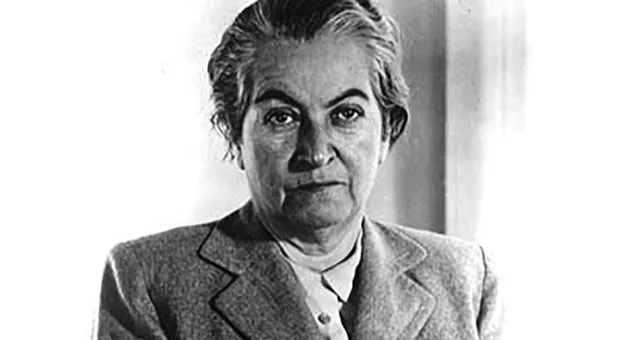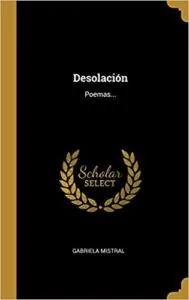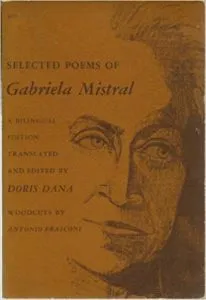
An Introduction to Nobel Prize-Winning Poet Gabriela Mistral
This content contains affiliate links. When you buy through these links, we may earn an affiliate commission.
The Nobel Prize in Literature is one of the biggest awards that a writer can receive. The annual announcement is international news—a symbol of excellence. It’s considered a major highlight in any author’s career.
Throughout the Nobel Prize’s history, only 14 women have been recognized as Nobel Laureates. Some of the celebrated female writers that have received this honor include Toni Morrison and Alice Munro. They are pillars of literature, and widely respected and read.
Of the 14 women, there has only been one woman from Latin American who has been awarded the Nobel Prize in Literature. That woman is Chilean poet Gabriela Mistral.

Her family influenced her writing, as did her life in Chile. Mistral traveled often, and was unwelcome in some countries because of her political views.
Many of her most famous poems explore topics like love and childhood. Famous titles include Sonetos de la Muerte, Desolación, and Ternura.
Sonetos de la Muerte was her first celebrated piece of writing. She received an award for it in Chile, and it also became well-known in Latin America. By this time, she was already using her pen name.
Mistral wrote for several newspapers in Latin America and in Spain. Some of them are: El Tiempo in Bogotá, Colombia; Puerto Rico Ilustrado in San Juan, Puerto Rico; and Repertorio Americano in San José, Costa Rica.
She received the Nobel Prize in 1945 “for her lyric poetry which, inspired by powerful emotions, has made her name a symbol of the idealistic aspirations of the entire Latin American world.”
Not only is she the first Latin American woman to win the prize, she’s the first Latin American Nobel Laureate regardless of gender. Pablo Neruda for example, received the award 26 years later. Mistral was a trailblazer.
The future of Latin America was a cause of worry for Mistral. According to the Poetry Foundation, she “defended the rights of children, women, and the poor; the freedoms of democracy; and the need for peace in times of social, political, and ideological conflicts, not only in Latin America but in the whole world.”
Her poems have been translated into many languages. English translations have been carried out by writers like Langston Hughes and Ursula K. Le Guin. Doris Dana, who was close to Mistral, also translated her poems.
In April of 2015, Google shared one of their popular Google Doodles, this time celebrating her 126th birthday. The image included an image of her, two hands touching, and two quotes.
Decades after her death, Gabriela Mistral is still an influential poet and beloved figure, by readers from all over the world.

















